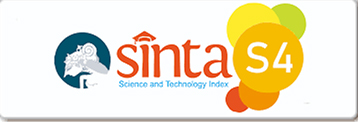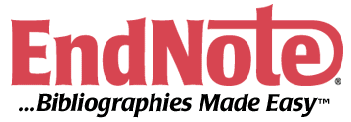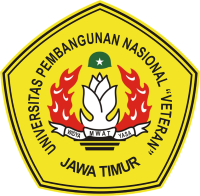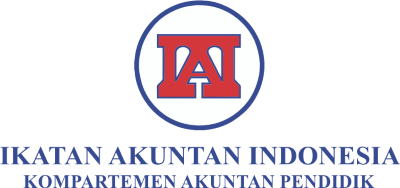Analisis Akuntabilitas dan Transparansi Keuangan sebagai Bentuk Pencegahan Korupsi pada Perusahaan Publik dalam Perspektif Keberlanjutan Sosial dan SDGs
DOI:
https://doi.org/10.33005/baj.v8i1.404Keywords:
Accountability, Corruption, Corporate Governance, SDGs, TransparencyAbstract
Penelitian ini menelaah peran akuntabilitas dan transparansi keuangan dalam mencegah praktik korupsi pada perusahaan publik, sekaligus meninjau kontribusinya terhadap keberlanjutan sosial dalam kerangka Sustainable Development Goals (SDGs). Tiga studi kasus digunakan sebagai fokus utama, yaitu PT Indofarma Tbk, PT Pertamina (Persero), dan PT Unilever Indonesia Tbk. Pendekatan penelitian bersifat kualitatif-deskriptif dengan teknik analisis dokumentasi melalui laporan keberlanjutan, laporan keuangan, dan publikasi resmi perusahaan. Hasil penelitian menunjukkan bahwa lemahnya pengawasan internal serta absennya mekanisme antikorupsi di PT Indofarma menyebabkan manipulasi laporan keuangan dan kerugian negara, sehingga menghambat pencapaian SDG 3, 9, dan 16. Sebaliknya, PT Pertamina menunjukkan perbaikan tata kelola melalui penerapan ISO 37001 dan penguatan pelaporan keberlanjutan, meskipun masih terdapat risiko korupsi pada proyek strategis. Sementara itu, PT Unilever Indonesia menerapkan tata kelola progresif dengan mengintegrasikan strategi ESG serta merespons tekanan publik secara adaptif, yang mendukung pencapaian SDG 10, 12, 16, dan 17. Secara teoretis, penelitian ini memperkuat relevansi Teori Agensi, Teori Keperilakuan Akuntansi, dan Teori Good Corporate Governance.
This study examines the role of financial accountability and transparency in preventing corruption practices in public companies, while reviewing their contribution to social sustainability within the Sustainable Development Goals (SDGs) framework. The analysis focuses on three case studies: PT Indofarma Tbk, PT Pertamina (Persero), and PT Unilever Indonesia Tbk. A qualitative-descriptive approac, using document analysis of sustainability reports, financial statements, and official corporate publications. The findings reveal that weak internal oversight and the absence of anti-corruption mechanisms at PT Indofarma led to financial statement manipulation and state losses, hindering the achievement of SDG 3, 9, and 16. In contrast, PT Pertamina demonstrates governance improvements through the adoption of ISO 37001 and enhanced sustainability reporting, although corruption risks persist in strategic projects. Meanwhile, PT Unilever Indonesia applies progressive governance by integrating ESG strategies and adapting to public pressure, contributing to SDG 10, 12, 16, and 17. Theoretically, this research reinforces the relevance of Agency Theory, Accounting Behavior Theory, and Good Corporate Governance in analyzing corruption and accountability dynamics in the corporate sector.
Downloads
Published
How to Cite
Issue
Section
License
Copyright (c) 2025 Rachmanita Putri Wiyandari, Endah Susilowati

This work is licensed under a Creative Commons Attribution 4.0 International License.

This work is licensed under a Creative Commons Attribution 4.0 International License.














